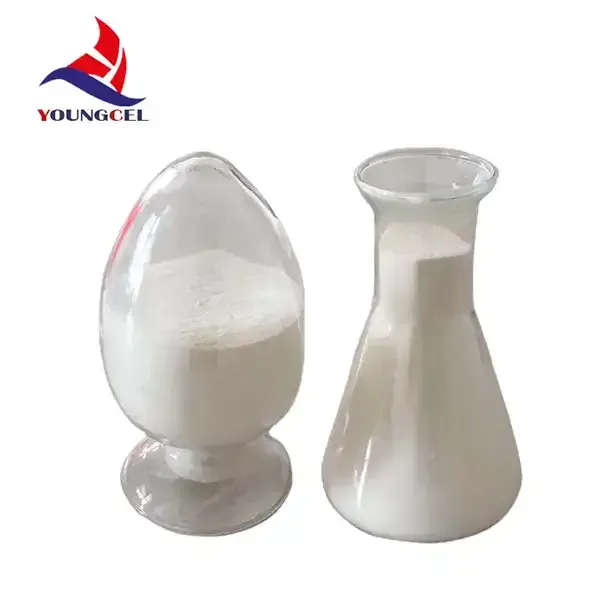Exploring Mortar Additives The Role of RDP and VAE Powders in Enhancing Bonding Properties
In the construction industry, the performance of mortars is critical for ensuring durability and strength in masonry applications. The bonding properties of mortar are essential; they dictate how well the mortar adheres to various substrates and withstands environmental stressors. To enhance these properties, the use of additives has become a standard practice. Among these, Redispersible Polymer Powders (RDP) and Vinyl Acetate Ethylene (VAE) copolymers stand out due to their significant contributions to the bonding capabilities of mortar.
What Are RDP and VAE Powders?
Redispersible Polymer Powders (RDPs) are dry powders manufactured from water-based polymers. When mixed with water, they rehydrate and provide cohesion and flexibility to mortar systems. RDPs enhance the adhesion of mortar to various surfaces, improve hand-ability, and increase resistance to cracking. They are particularly effective in applications requiring high-performance bonding in tile adhesives, renders, and repair mortars.
Vinyl Acetate Ethylene (VAE) is a copolymer that combines the properties of vinyl acetate and ethylene. It is known for its excellent adhesion and flexibility, making it an ideal component in mortar formulations. VAE powders enhance the mortar’s resistance to water and environmental conditions, providing long-term durability.
Benefits of Using RDP and VAE in Mortars
1. Improved Bond Strength The inclusion of RDP and VAE powders significantly enhances the bonding strength of mortars. This is vital for applications such as wall tiles where shear strength is required to bond tiles to vertical surfaces effectively.
mortar additive bonding rdp vae powder

2. Flexibility and Crack Resistance Mortars that incorporate these additives exhibit improved flexibility. This characteristic is particularly important in environments subject to thermal expansion or contraction, reducing the risk of crack formation.
3. Workability RDPs improve the workability of mortar mixtures, allowing for easier application and manipulation on-site. This results in smoother finishes and reduces the likelihood of application errors.
4. Water Resistance Both RDP and VAE contribute to the water resistance of mortars. This is crucial for exterior applications and areas prone to moisture, as it prevents water ingress and subsequent damage.
5. Versatility The use of RDP and VAE in mortars allows for their application across various construction scenarios, including wall plasters, floor adhesives, and façade systems, making them adaptable for different materials and settings.
Conclusion
In conclusion, the integration of Redispersible Polymer Powders and Vinyl Acetate Ethylene copolymers into mortar formulations marks a significant advancement in construction technology. By enhancing bonding properties, flexibility, and durability, these additives play a vital role in modern building practices. As the construction industry continues to evolve, the demand for high-performance mortars will likely grow, making RDP and VAE powders essential components for successful masonry solutions. With their myriad benefits, it is clear that these additives will continue to shape the future of construction materials.






